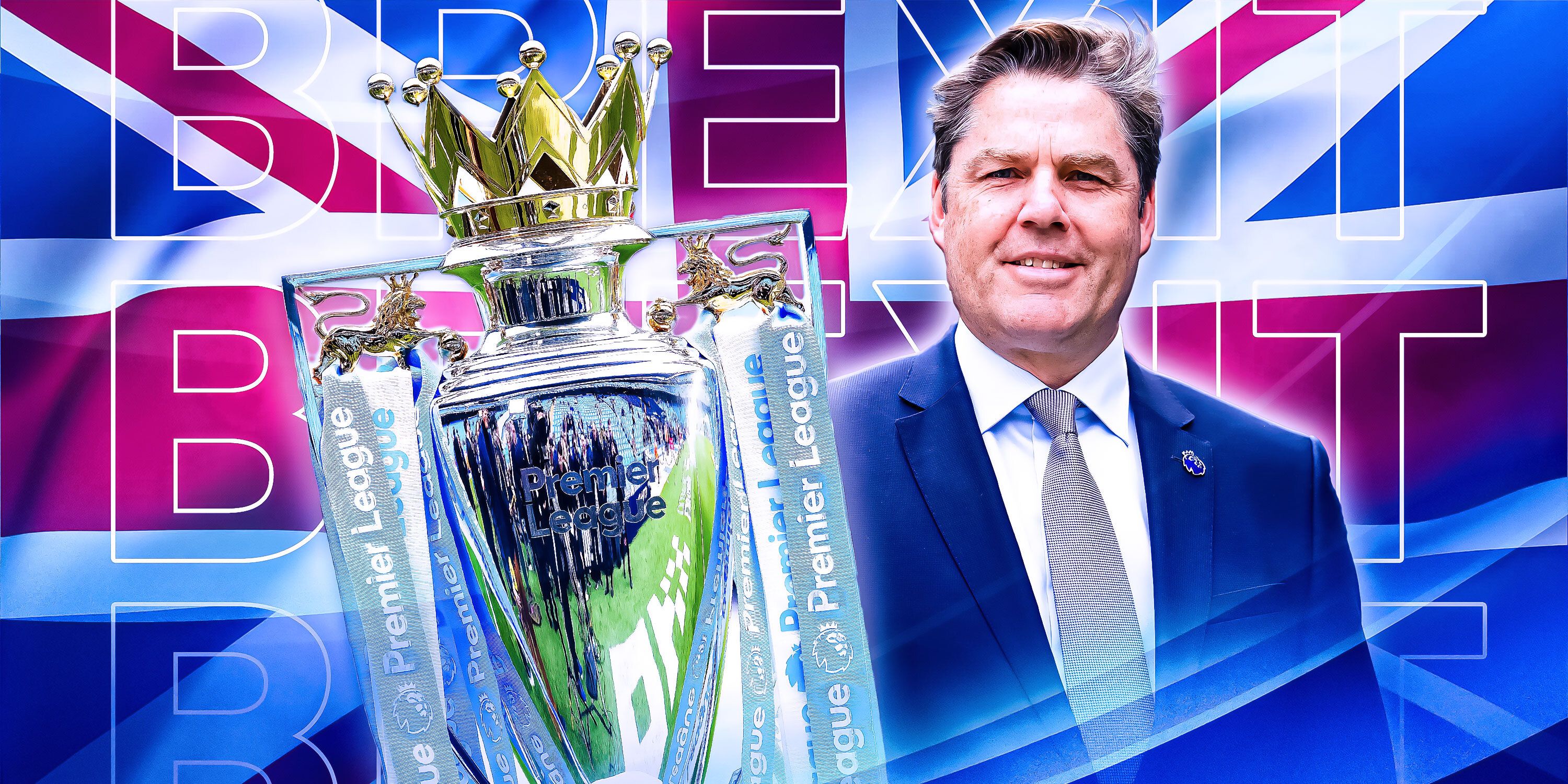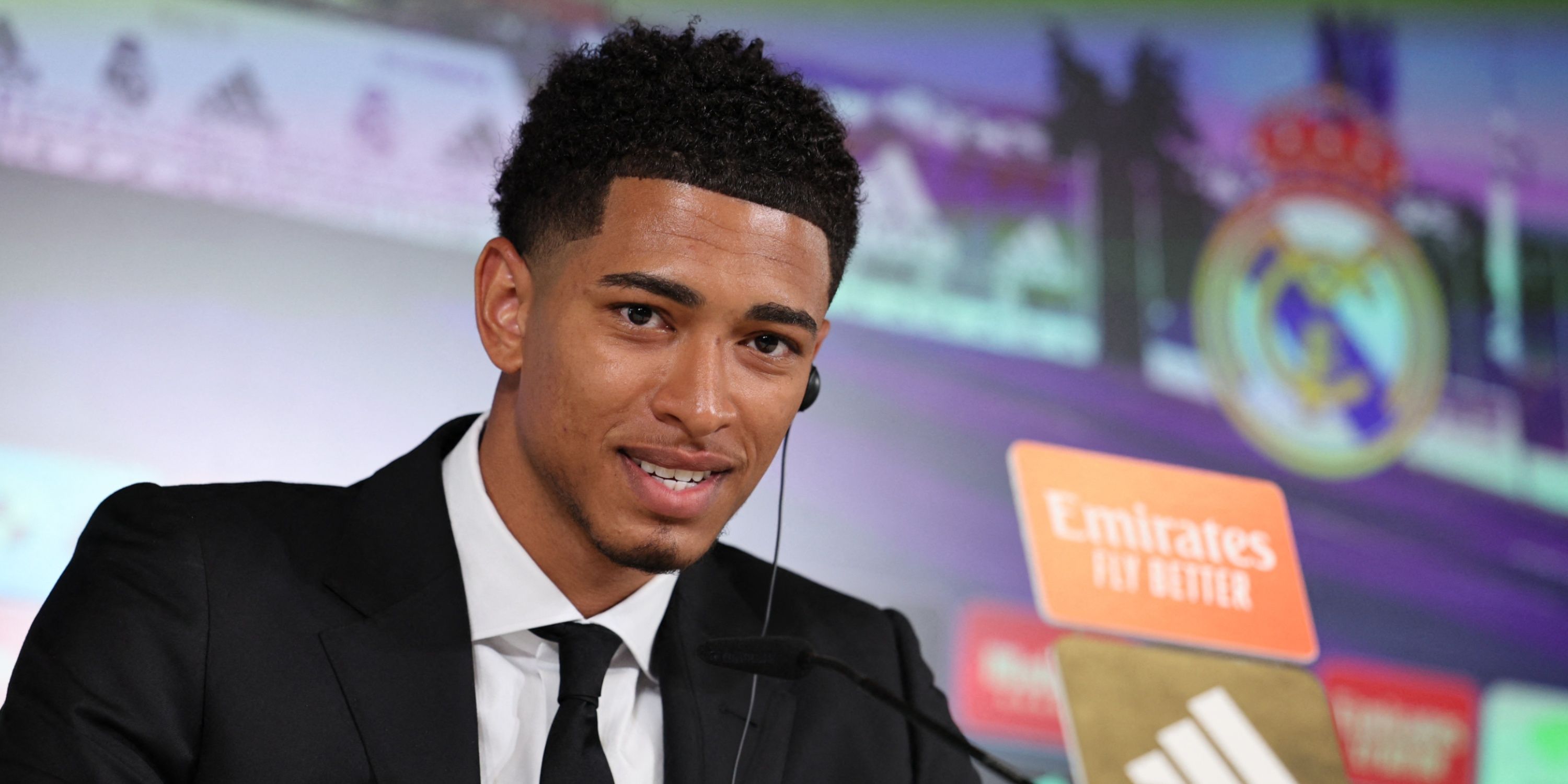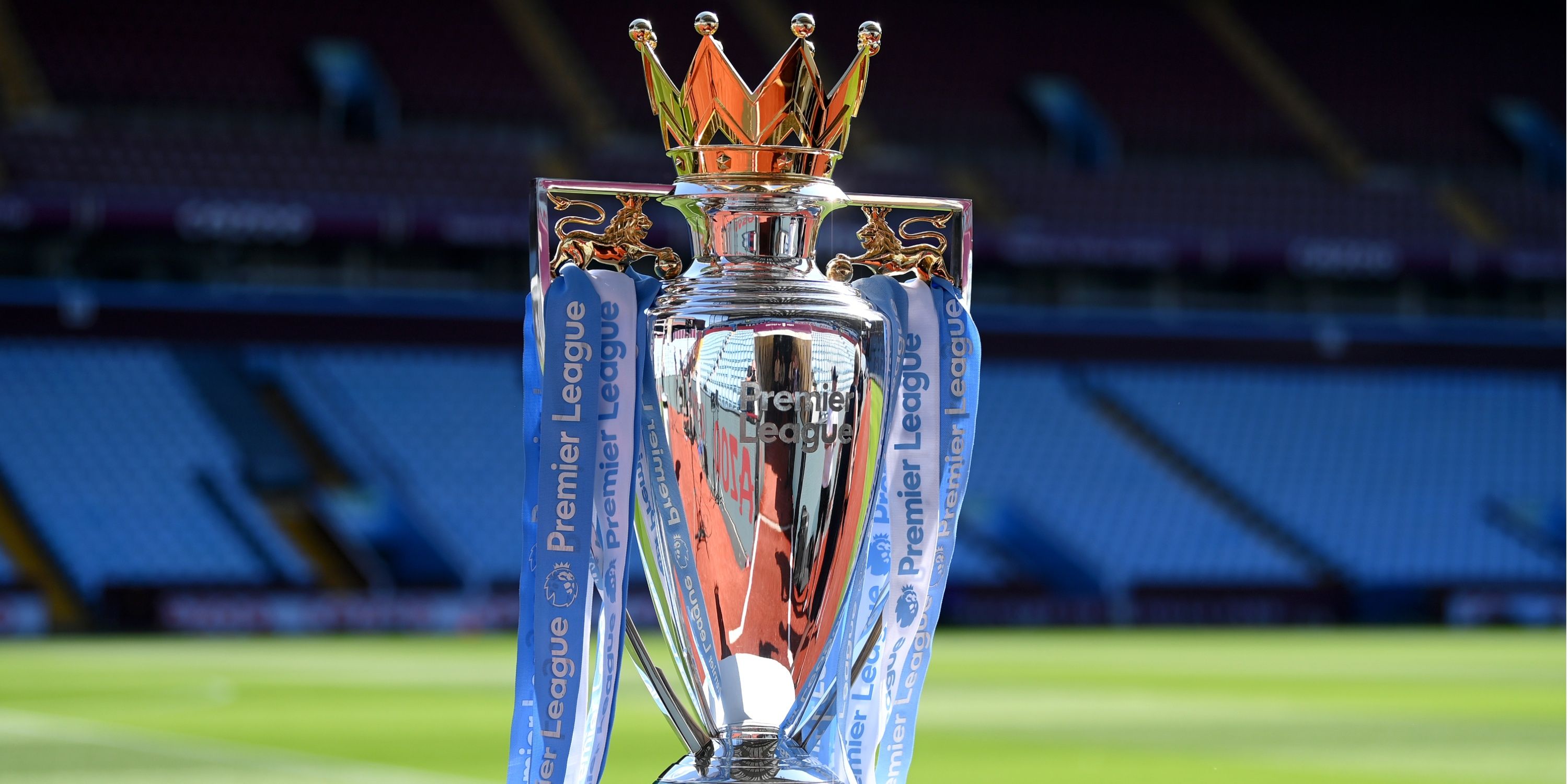Highlights
- The United Kingdom officially left the European Union at the start of 2020 — and it has had a vast impact on life in the country.
- In the Premier League, EU nationals now must have a ‘GBE’ to play in the competition.
- The major clubs in the league have not been affected as much, but the lower teams have due to the GBE rules.
The world of football and politics are often intertwined. It dramatically affects the world in Parliament in London, whilst what members of Parliament decide can change what happens on the pitch. The debate around politics in football has grown due to the existence of sportswashing within the Premier League, yet there are other political hurdles fans need to understand as well.
The United Kingdom is no longer part of the European Union after the country officially left on the 31st January 2020. It was a seismic moment, not just in the country, but also around Europe. It was an unexpected referendum result and it has changed every form of life in the country, including football in the Premier League with Financial Fair Play (FFP) and the Profitability and Sustainability Rules (PSR). We have outlined how Premier League transfers have changed since the United Kingdom left the European Union at the start of 2020, showcasing how it can now be more difficult for teams to sign their dream players.
3:28
Related
Explaining Financial Fair Play: How it works, calculations and punishments
Introduced by the Premier League in 2011, Financial Fair Play has had a long-term impact on football.
Before we even get into the world of Brexit, it’s important to understand what a football transfer is. It is when one player who is under contract with one club moves to another, something which has usually come to fruition from months of scouting and leaking interest to the press. For example, Harry Kane made the move from Tottenham Hotspur to Bayern Munich in the summer of 2023 for a fee worth an initial £82 million.
Players can only be transferred during a transfer window and according to the rules set by a governing body, fulfilling the requirements of FIFA, continental and national bodies regulating the purchasing and selling of clubs. A negotiated transfer fee is agreed with financial compensation paid from an interested club, to the club that possesses the player’s exclusive contracted playing rights. A football transfer happens when a representative from a club makes an official inquiry for a talented target who is registered at another team. If this team are willing to sell their player, then a transfer fee will be agreed between both clubs.
When a player moves from one club to another, their old contract is terminated whilst the player and their new destination club will both negotiate on new contract terms or have earlier mutually agreed on personal terms beforehand. The fees of players are dependent on the player’s current football abilities, future potential, duration of the existing contract, amount of future salary owed within their current contract at the club selling them – and the willingness of clubs to agree on a deal.
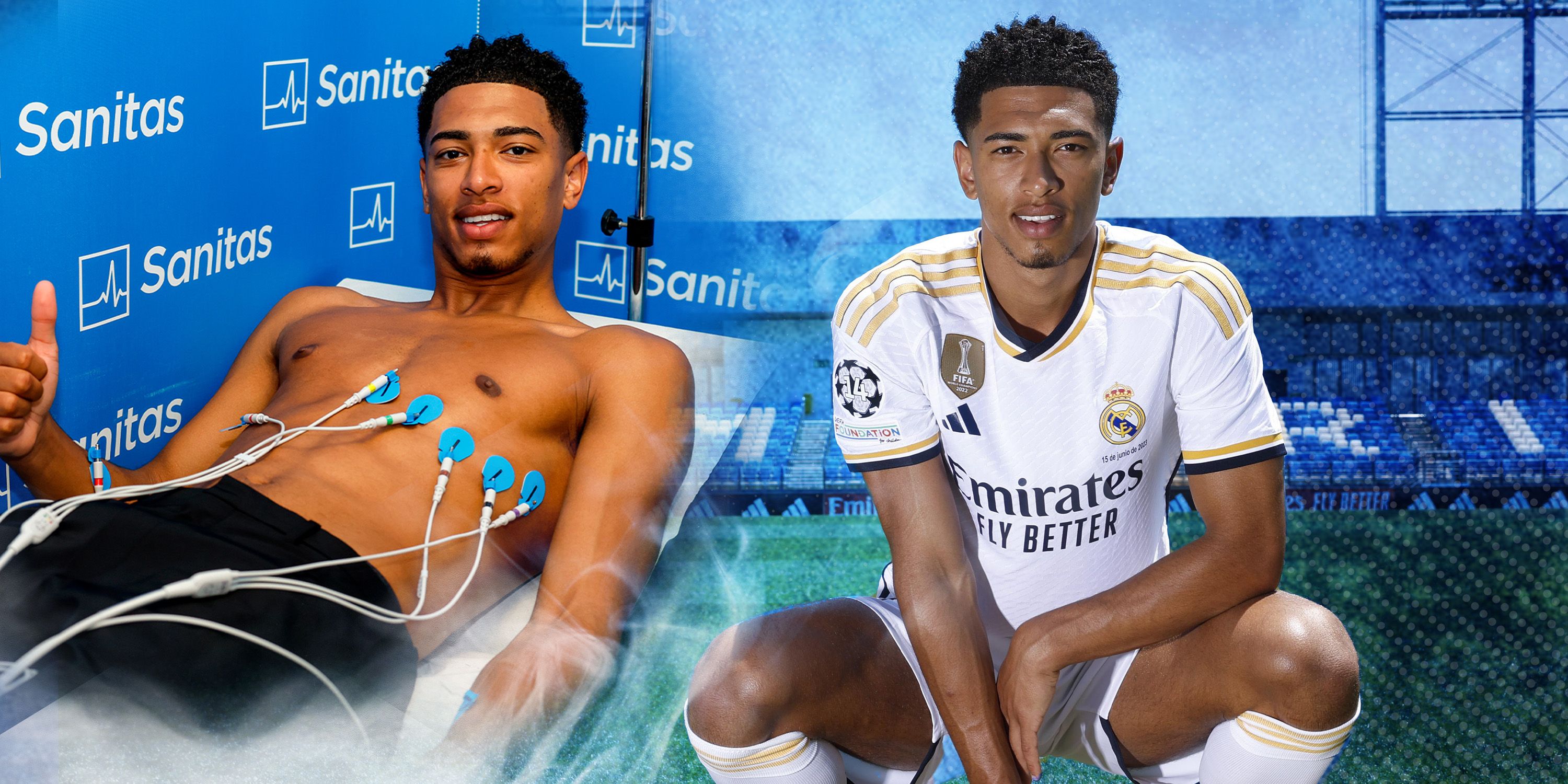
Related
How a football transfer works: Agents, deal sheets and more
Dark arts, heaps of money and the part of football that has every fan gripped.
Brexit defined
Brexit is the name given to the United Kingdom’s exit from the European Union. It combines the words ‘Britain’ and ‘exit’. The country voted to leave the EU on 23rd June 2016 via a referendum – a result which saw 51.89% voting to depart from the organisation. The Prime Minister at the time of the referendum, David Cameron, left before Theresa May and then Boris Johnson took a turn as PM to secure a deal for the country.
There was a transitional period up until 31st January 2020, when the country officially left the EU. It changed every form of life within the United Kingdom, with the country no longer legally obliged to follow EU rules after it became the first sovereign country to leave. The way that Premier League clubs can conduct their transfer activity was impacted more than was initially thought once the 2020s began and the UK’s exit was confirmed.
Premier League Brexit rules
Ever since the Premier League started in 1992, English football clubs have benefitted from the movement of EU nationals, which has authorised them to sign players from across the continent. This philosophy helped build strong squads from huge talent pools and was made easy with a minimal administrative burden. However, Brexit effectively ended this free movement idea.
Firstly, the Immigration Act, which came into effect on 1st January 2021, ended the automatic right of EU nationals to work in the UK. Instead, the country introduced a new, points-based immigration system. This means that EU nationals are now treated in the same way as those who are non-EU. Therefore, footballers must now have a sponsor licence and a ‘T2 Sportspersons’ or Tier 5 visa from the UK Home Office.
They have to show that they are elite professionals, often showcased by their wage or stature of the club, whilst they must also be recognised by their sports governing body as being at the highest level internationally and that their proposed employment will develop football in the UK at the highest level. In simple terms, it is now more difficult to sign EU players.
Alongside this, The UK Home Office created a system where each EU national must have a ‘Governing Body Endorsement’ (GBE), created by the FA alongside the Premier League and EFL. The requirements were formed in June 2021 which made the process for registering players more challenging. The GBE criteria was updated in the summer of 2023, allowing clubs playing in the Premier League the ability to sign a number of players who do not meet the current points requirements, which is limited to a maximum of four.
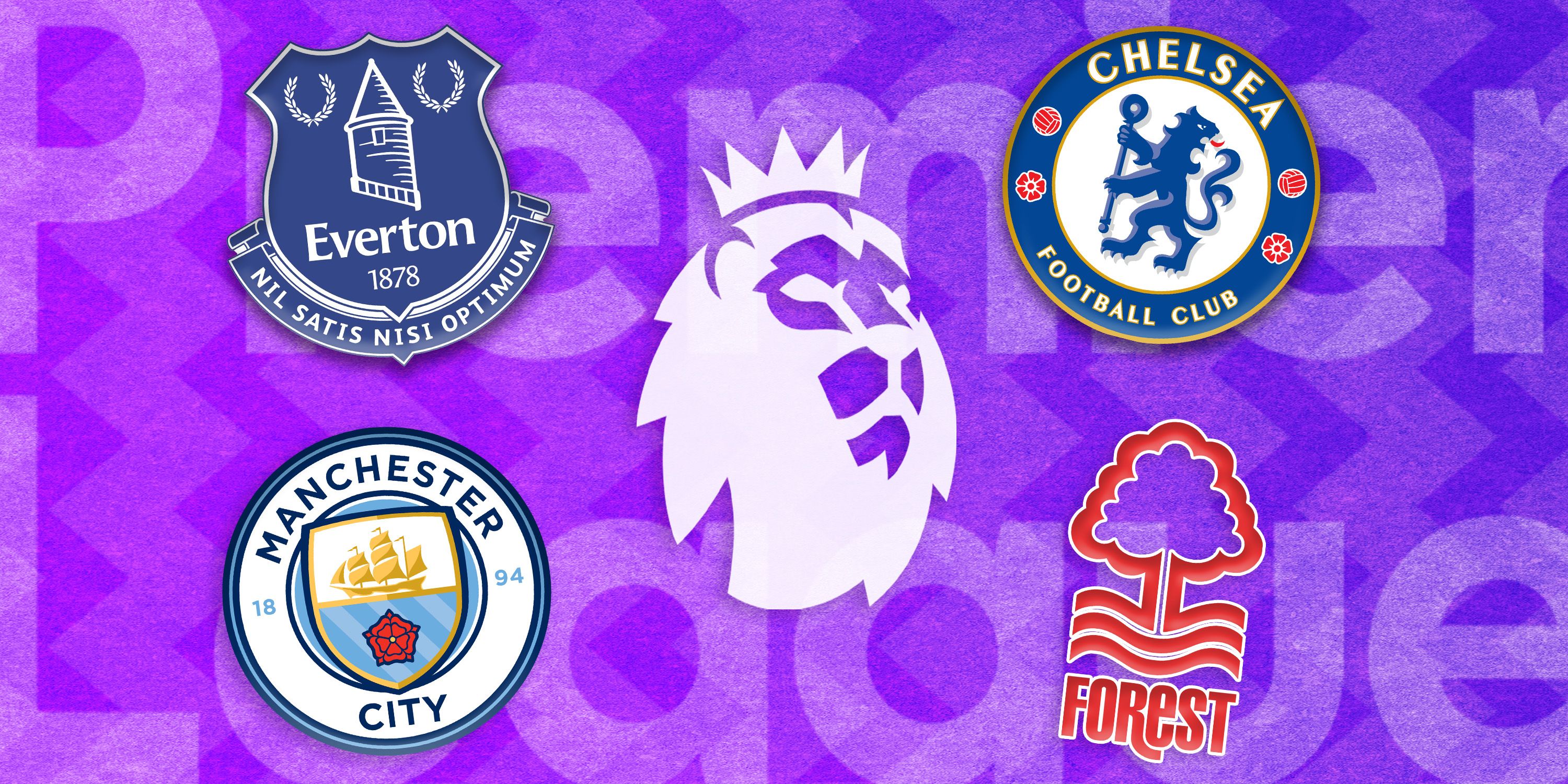
Related
Premier League PSR tracker: Every club’s FFP status
A look at every Premier League club’s current FFP status and their compliance with PSR.
GBE Criteria
The FA will grant a GBE if the player earns at least 15 points from the criteria, including:
- The number of international appearances made in the previous 24 months.
- The quality of the selling club based on their league, league position and progression in continental tournaments.
- The number of club appearances (including domestic league and continental competitions).
Alongside this, a player who makes a certain percentage of senior international appearances can be automatically granted a GBE, regardless of other metrics. This is classed as the ‘Auto Pass’ rule, as outlined below.
|
Points given due to the number of minutes played for their country – dependent on world ranking |
|||||
|---|---|---|---|---|---|
|
% of international appearances |
1-10 |
11-20 |
21-30 |
31-50 |
51+ |
|
90-100% |
Auto Pass |
2 |
|||
|
80-89% |
Auto Pass |
1 |
|||
|
70-79% |
Auto Pass |
0 |
|||
|
60-69% |
Auto Pass |
10 |
0 |
||
|
50-59% |
Auto Pass |
10 |
8 |
0 |
|
|
40-49% |
Auto Pass |
9 |
7 |
0 |
|
|
30-39% |
Auto Pass |
10 |
8 |
6 |
0 |
|
20-29% |
10 |
9 |
7 |
0 |
0 |
|
10-19% |
9 |
8 |
0 |
0 |
0 |
|
1-9% |
8 |
7 |
0 |
0 |
0 |
Impact of Brexit on the Premier League
The impact of Brexit has been felt throughout the footballing pyramid. However, the best clubs in the Premier League are less likely to be affected by the rules introduced because of Brexit, as they are likely to be signing players who will automatically qualify via the ‘Auto Pass’ rule. If that’s not the case, they’ll qualify by playing a set number of minutes in one of the best leagues in Europe.
Meanwhile, clubs will less financial power that often conduct their transfer business by signing unknown players in Europe have been affected negatively by these rules. They are now far less likely to receive a work permit as they might not meet the qualifying restrictions. Those clubs have now been forced to dedicate greater resources to obtaining GBEs and applications for work.
There has also been a rise in players joining from South America. The Premier League classes the major leagues in the continent as ‘Band Three’, so if they win the competition they automatically secure 12 points. After that, they have to play just 40% of the total domestic minutes to reach the required number of 15. It’s been demonstrated by Brighton in particular, signing Argentine teenager Valentin Barco. Premier League chief executive Richard Masters suggested it has had a huge knock-on effect on the transfer market in Europe.
“When you have a limited supply of players you can go for and you’ve got lots of demand. it’s slightly inflationary,” Masters said at the Financial Times’ Business of Football Summit.
We have an earned advantage over our European competitors and a lot of that earned advantage is going to those competitors in transfer fees for players we can’t buy anymore at a younger age, partly to do with the Governing Body Endorsement System.
The situation goes hand-in-hand with the Premier League’s Financial Fair Play rules which are now stricter than they used to be. It means are now unable to pay extreme prices for players from the EU, knowing it might affect their financial power further down the line.
All regulatory data in this article was taken from The FA.

